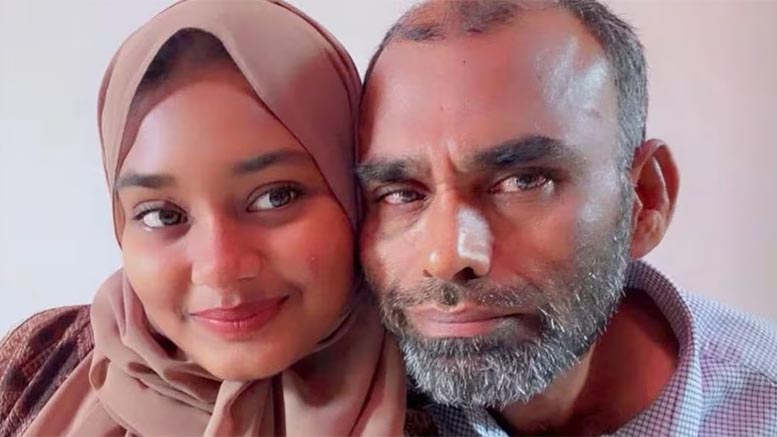
The Supreme Court of Yemen has rejected Kerala nurse Nimisha Priya's appeal against the death sentence. Nimisha Priya, a Malayali nurse, was sentenced to death in Yemen over murder charges in 2017. She was convicted of murdering Yemeni national Talal Abdo Mahdi.
The Centre had on Thursday informed the Delhi High Court about Yemen's Supreme Court's verdict rejecting Nimnisha Priya's appeal.
Priya was convicted of killing Mahdi by injecting him with sedatives in an attempt to recover her passport from his possession. The Centre further submitted that the ultimate authority to make the final decision now rests with the President of Yemen.
On Thursday, the Delhi HC gave the Centre a week's time to decide on a request from Priya's mother to travel to Yemen given the travel ban for Indian nationals due to the ongoing civil war in the country.
Priya's mother sought permission to travel to Yemen to negotiate "blood money," a form of compensation paid by the offender or their kin to the victim's family, as a means to save her daughter from execution. The petitioner emphasized in court the urgency of negotiating with the victim's family to save Priya's life.
The 'Save Nimisha Priya International Action Council' had approached the HC last year, seeking direction to the Centre to "facilitate diplomatic interventions as well as negotiations with the family of the victim on behalf of Nimisha Priya to save her life by paying blood money in accordance with the law of the land in a time-bound manner". The court then declined to direct negotiations but advised pursuing legal remedies against the conviction.
In a previous petition, it was alleged that Mahdi had forged documents to falsely claim marriage to Priya, subjecting her to abuse and torture.







Comments
Add new comment